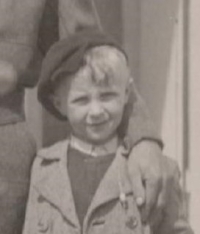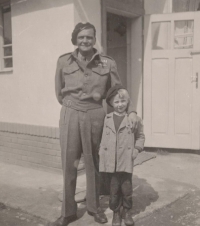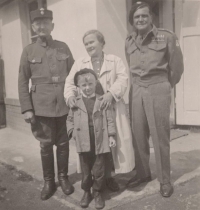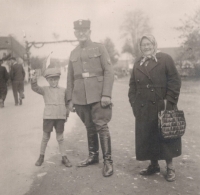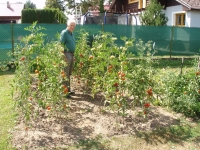If all we lost was money, we’d have a wonderful life

Download image
Vladimír Zajíc was born on December 17, 1939 in Pilsen, during the first months of the Second World War. What he remembers most from his childhood are the bomber raids on the industrial part of the city. For safety reasons his parents decided to send him to their relatives in the countryside. There he later welcomed the American army. He started primary school after returning to his hometown. In June 1953, he witnessed the Pilsen uprising, which was a reaction to the new currency reform. Later he graduated from a secondary technical school of mechanical engineering and in 1963 he successfully passed the state final exams at the Faculty of Mechanical Engineering in Pilsen. He also had to undergo compulsory military service, which, thanks to his expertise, he completed joining the secret nuclear missile operating unit near Hranice na Moravě. His military service, however, led to him not only being banned from traveling to the West for the next four years, but also having to give a statement in which he rejected communism, which he didn’t keep secret later on. During the upcoming normalization this attitude could have been fatal, as he was threatened to be fired from the education system, which he didn’t want to give up. However, thanks to a combination of coincidences and good luck, he managed to hold onto his position and was eventually even promoted to deputy headmaster, even though he refused to join the Communist Party. He remained in the education sector until his retirement, which he continues to enjoy in 2022 in Pilsen.
